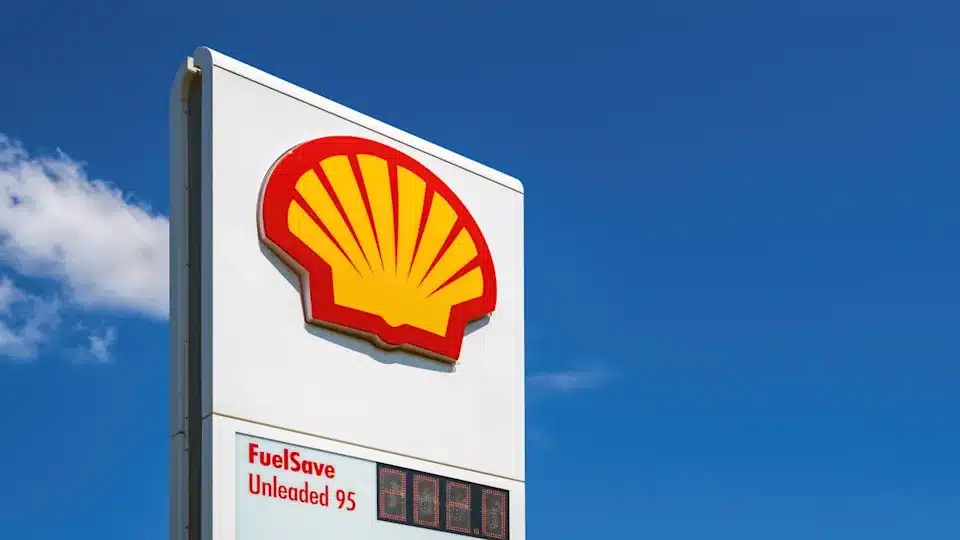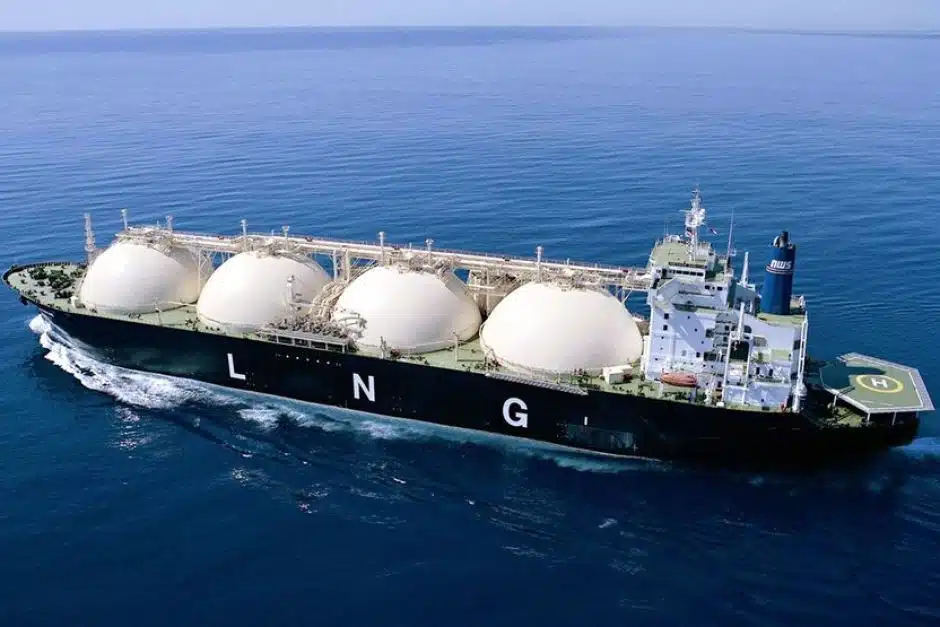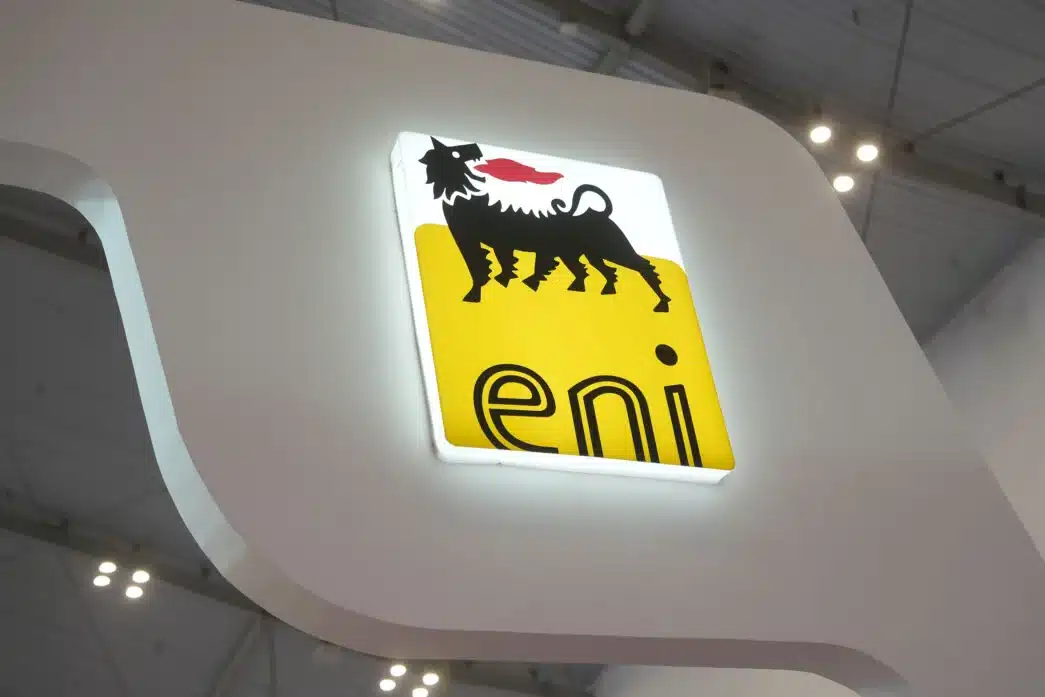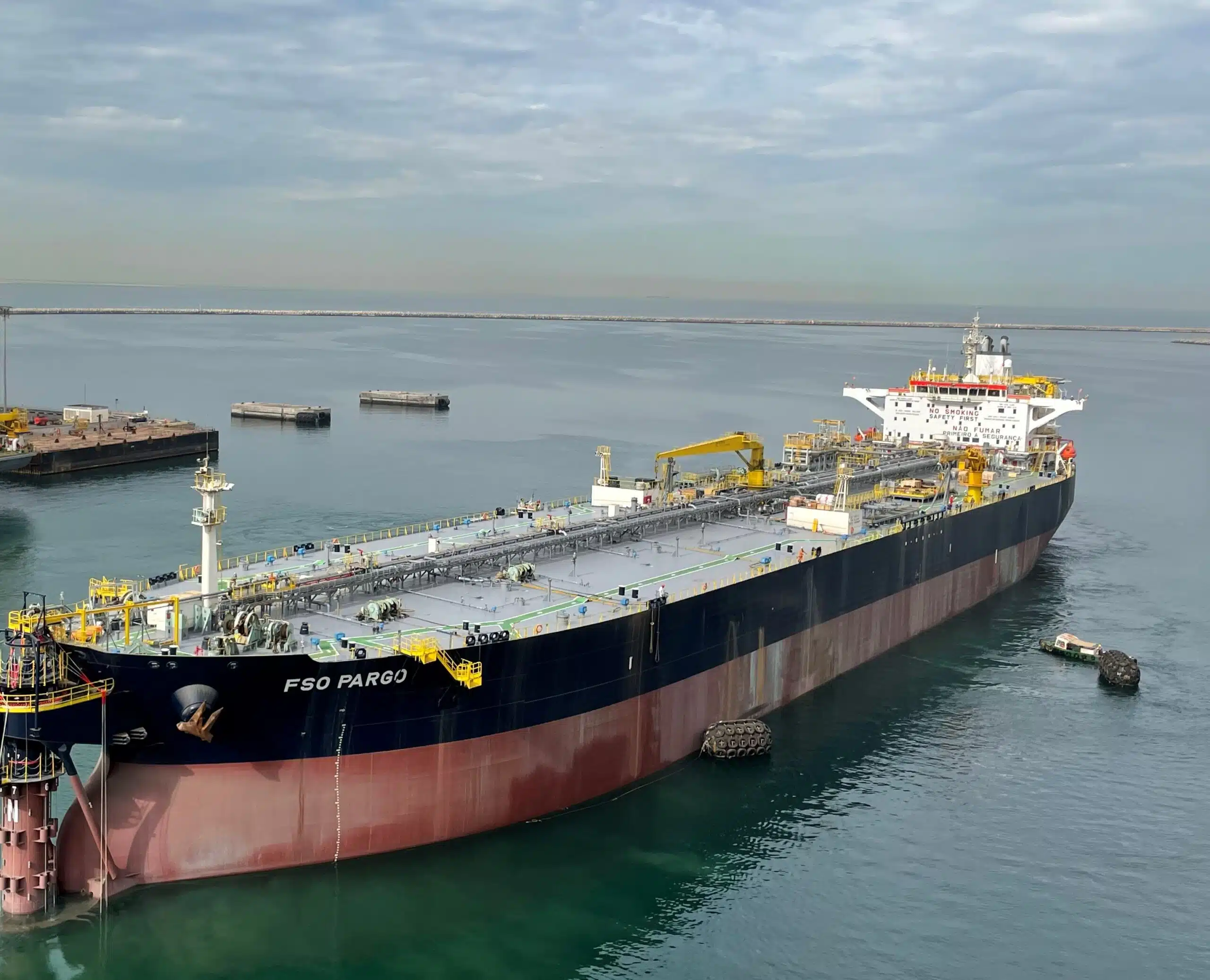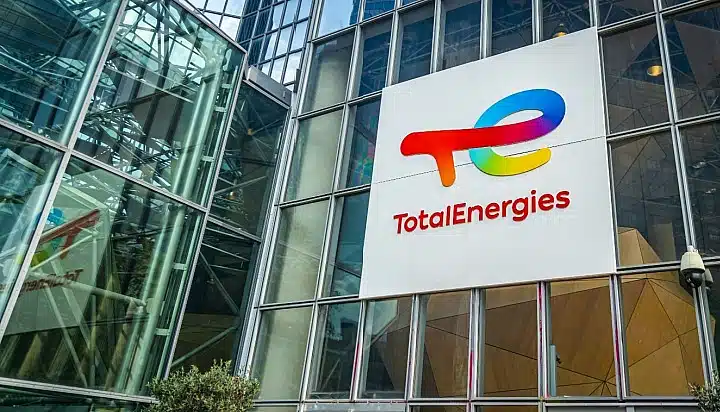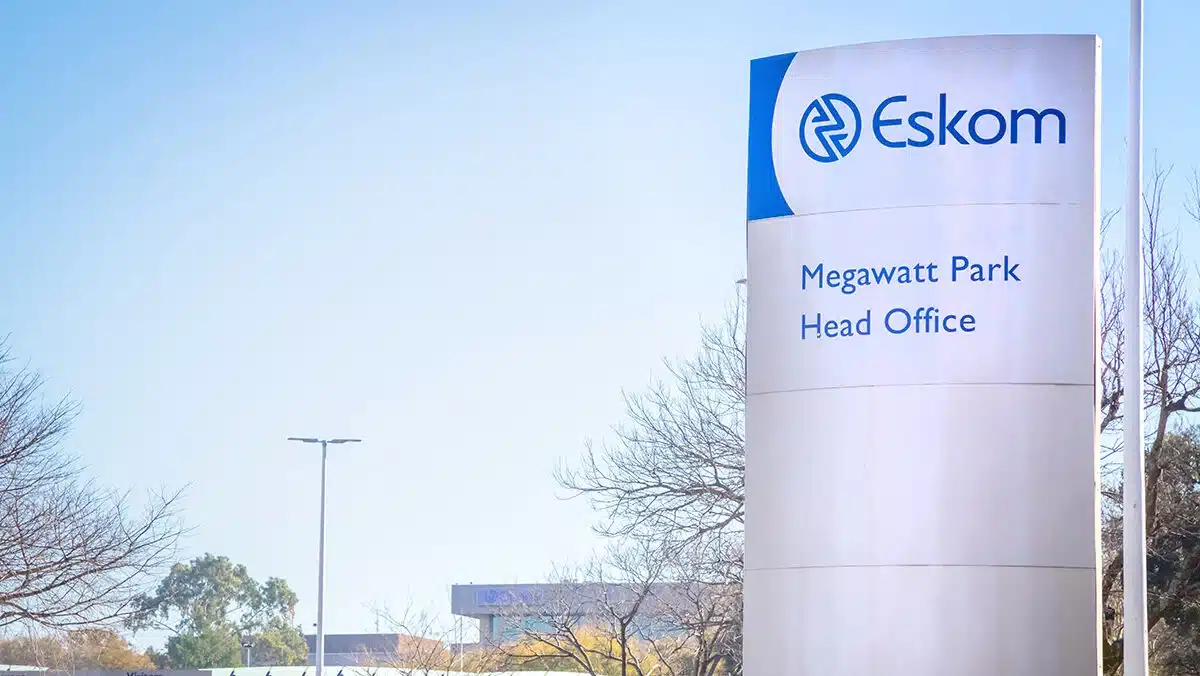Oil major Shell Plc is taking a cautious approach towards fresh oil exploration plans in Namibia.
In recent developments, the oil firm has shown mixed signals on whether it will drill fresh wells in Namibia’s oil blocks in the coming years.
Shell suffered a major setback earlier this year following a $400 million write-off from a series of oil discoveries.
Since then, the company has become increasingly cautious, though it maintains that it will continue operating its PEL 39 licenses.
Since the Graff-1X discovery in 2022, the company has drilled nine wells in the block, including Graff, Jonker, and La Rona.
Some of these have encountered hydrocarbons. However, Shell says technical and geological challenges prevent confirmation of commercial viability at this stage.
Speaking with Upstream Online, Eduardo Rodriguez, Shell’s country chair, cautioned that upstream players and Namibia’s new government — which took office in March — need to build “trust” and “open dialogue” to overcome the many challenges of developing oil and gas resources in a frontier play.
Earlier this month, Shell’s CEO, Wael Sawan, said oil exploration financing in the South African country is no longer a priority for the firm.
“Of course you know we have Namibia. There we are looking at what others are doing, continuing to learn and positioning ourselves in case something interesting comes up,” Sawan said.
He, however, insists that the supermajor will continue to monitor developments as they unfold.
Why the indecision by Shell
Shell’s indecision stems from several reasons, particularly its allocation of exploration capex, which now appears to be directed to other areas such as the Gulf of Mexico, Malaysia, and Oman.
While Namibia still offers huge potential for oil exploration, some oil firms have grown weary of the country given the geological and technical difficulties.
Like Shell, Chevron has also confirmed that there have been no commercially viable finds in some of the wells it drilled.
For Shell, time seems to be running out, and investors are running out of patience.
The company discovered the Graff-1X in 2022. Since then, it has drilled nine wells in the block, including Graff, Jonker, and La Rona.
Some of these have encountered hydrocarbons, but Shell maintains that technical and geological challenges prevent confirmation of commercial viability at this stage.
In July, Shell executives visited the country’s president, Netumbo Nandi-Ndaitwah to discuss some of the challenges faced by the firm.
The meeting was held at State House in Windhoek, but no concrete results came out of the conversation.
Rodriguez’s call for the government to be open to dialogue may signal that Shell is growing impatient with the political climate of the country.
Shell may announce a fresh exploration plan in Namibia in 2026. But its general body language shows it does not have the same strong resolve in the South African country as it once did in 2022.

